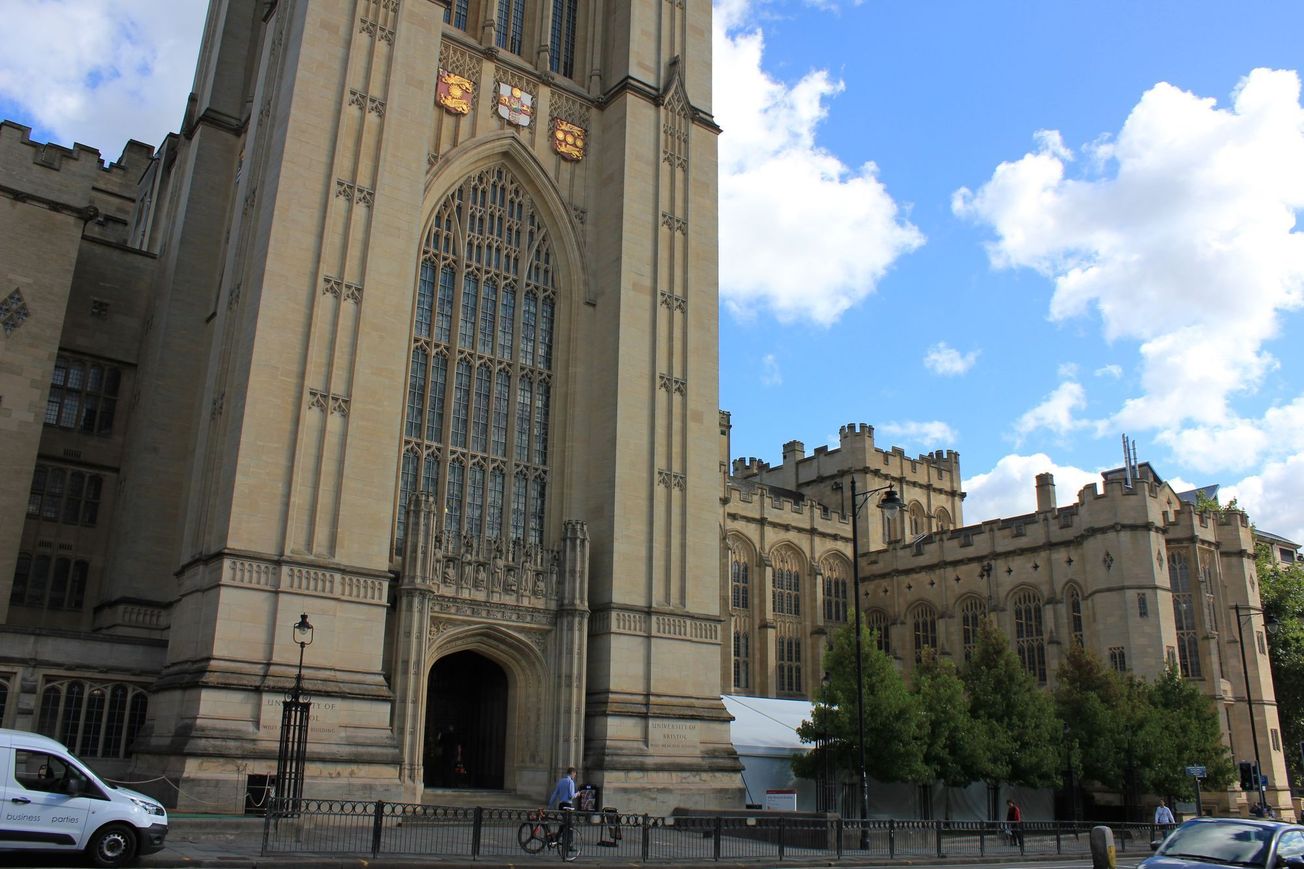The University of Bristol must pay £50k in damages for discrimination against a student who took her own life in April 2018.
Yesterday, May 20, a judge ruled that Bristol University discriminated against a student who committed suicide on the morning she was due to give a presentation to an over 300-seat lecture theatre.
Natasha Abrahart was 20 years old and a second-year physics undergraduate when she took her own life in April 2018. She had suffered with severe social anxiety since childhood.
Natasha’s parents believe the university did not do enough to accommodate her needs, suing the university under the Equality Act on the grounds of negligence and disability discrimination in March.
Yesterday, a judge ruled that the university discriminated against Natasha by failing to accommodate her mental health disability. He ordered the university to pay damages of £50,000.
In a written judgment issued at Bristol County Court, Judge Alex Ralton found the university breached its duties to make reasonable adjustments to Natasha’s assessment methods.
‘There can be no doubt that there was direct discrimination, especially once the university knew or should have known that a mental health disability of some sort was preventing Natasha from performing,’ the judgment states.
He also noted that ‘it was accepted by the medical experts that the primary stressor and cause of Natasha’s depressive illness was oral assessment’.
Natasha's father Robert Abrahart stated: ‘After years of protestations from the university that it did all it could to support her, after having battled our way through an inquest and a civil trial, we finally have the truth.
‘The University of Bristol broke the law and exposed our daughter to months of wholly unnecessary psychological trauma, as she watched her grades plummet, and her hopes for the future crumble before her eyes.’
Natasha's mother, Margaret, said: ‘We really hope that the University of Bristol will finally take its head out of the sand and recognise that now is the time for change.
‘We are ready to work with them to help ensure that the failings which led to Natasha’s death aren’t repeated so other families don’t have to suffer as we have suffered.
‘We hope they will apologise for the role they played in Natasha’s death and will take us up on our offer of help.’
A spokesperson for the University of Bristol has stated: ‘Our whole university community has been deeply affected by Natasha’s tragic death and we would once again like to extend our sympathies to her friends and family.
‘Like all universities, schools and colleges, we are deeply concerned by the increase of mental health issues amongst our young people nationally. We do our very best to support any student who is struggling with their mental health and have a wide range of services available.
‘We believe staff in the School of Physics worked incredibly hard and diligently to support Natasha during her time with us, and it was due to their efforts that she was receiving specialist mental health support from the NHS. Our staff’s efforts also included offering alternative options for Natasha’s assessments to alleviate the anxiety she faced about presenting her laboratory findings to her peers. We are very grateful to them for their endeavours on Natasha’s behalf and for their unwavering commitment to our students.
‘Alongside the support available, we have introduced an opt-in policy to alert a nominated contact when we have serious concerns about a student’s wellbeing and more robust procedures to assess students’ fitness to study. However, it is important that students receive appropriate specialist care under the NHS should they need it.
‘We cannot replicate the NHS but are committed to working with the NHS and other partners to improve services and ensure we are collectively providing the best possible support for students.
‘Given the significant impact this decision could have on how all higher education providers support their students, we are reviewing the decision carefully, including whether to appeal. In light of that review, it would not be appropriate to comment further on the judgment at the present time.’
Natasha was also under the care of specialist mental health professionals at Avon and Wiltshire Mental Health Partnership when she died, which has since acknowledged that the care it provided was inadequate.
The University of Bristol's wellbeing services can be accessed here. The Samaritans' 24/7 helpline can be accessed here.








